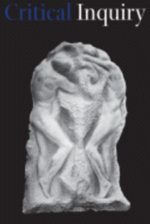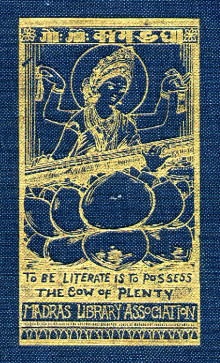Links relevant to the materiality of cognition, books. and communication.
N. Katherine Hayles – Cognitive Assemblages: Technical Agency & Human Interactions [paywall] http://bitly.com/2cj3F9q
UAAVS (unmanned autonomous aerial multivehicle systems: drone swarms) as vehicles of extended cognition. “I want to define cognition as a process of interpreting information in contexts that connect it with meaning. This view foregrounds interpretation, choice, and decision and highlights the special properties that cognition bestows, expanding the traditional view of cognition as human thought to processes occurring at multiple levels and sites within biological life forms and technical systems. Cognitive assemblage emphasizes cognition as the common element among parts and as the functionality by which parts connect.”
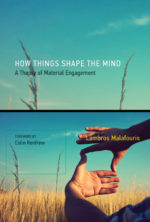 What’s the Matter with Cognition? A ‘Vygotskian’ Perspective on Material Engagement Theory. Georg Theiner & Chris Drain http://bit.ly/2cUoibx
What’s the Matter with Cognition? A ‘Vygotskian’ Perspective on Material Engagement Theory. Georg Theiner & Chris Drain http://bit.ly/2cUoibx
From the abstract: “By tracing out more clearly the conceptual contours of ‘material engagement,’ and firming up its ontological commitments, the main goal of this article is to help refine Malafouris’ fertile approach. In particular, we argue for a rapprochement between MET and the tradition of Cultural-Historical Activity Theory, based on the ‘Vygotskian’ hypothesis of scaffolded and/or distributed cognition.”
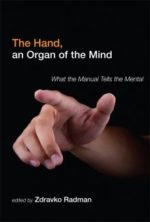 The Hand, an Organ of the Mind | Zdravko Radman, editor, MIT Press http://bitly.com/2cR79RC
The Hand, an Organ of the Mind | Zdravko Radman, editor, MIT Press http://bitly.com/2cR79RC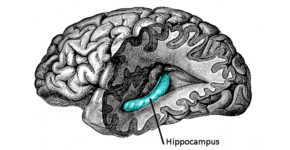 For Kids, Learning Is Moving [How spatial embodiment underpins the development of memory] – Nautilus http://bitly.com/2cJ6vTa
For Kids, Learning Is Moving [How spatial embodiment underpins the development of memory] – Nautilus http://bitly.com/2cJ6vTa 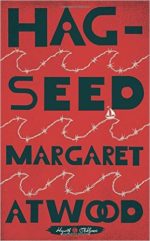 “What was the author trying to say?” is the worst question an English teacher can ask | Margaret Atwood on “meaning” http://bitly.com/2eu35pZ
“What was the author trying to say?” is the worst question an English teacher can ask | Margaret Atwood on “meaning” http://bitly.com/2eu35pZ
